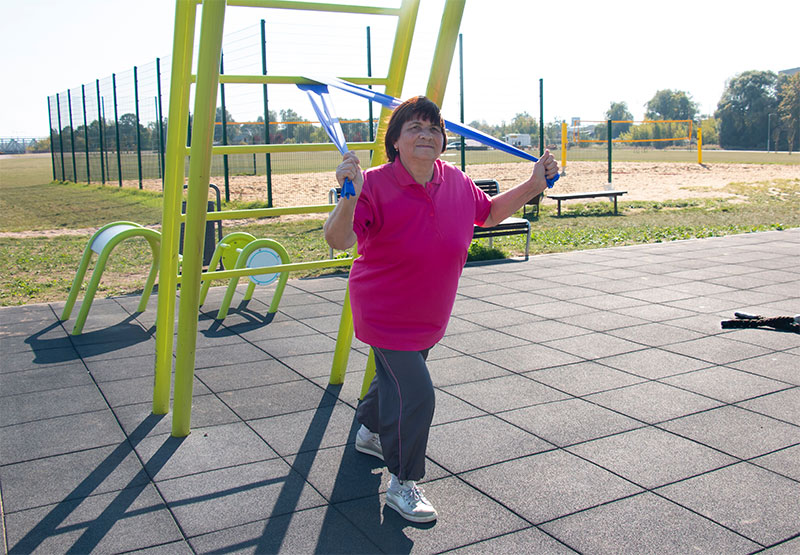
Did you know that Ovarian Cancer is the deadliest form of cancer in women? In fact, it is responsible for more deaths than any other cancer of the female reproductive system. September is Ovarian Cancer Awareness Month, and we want to do our part in raising awareness about this deadly disease. Here at Gulf Coast Health Center, we pride ourselves on being a reliable source of information for common health issues. Our goal is to help as many people as possible live long, happy, and healthy lives. So, here is what we think you need to know about Ovarian Cancer.
What is Ovarian Cancer and Who Does it Affect?
Ovarian cancer is a type of cancer that starts in the ovaries. The ovaries are two small, almond-shaped organs located on either side of the uterus that produce eggs and hormones. Ovarian cancer usually occurs after menopause, but it can happen at any age; however, it is most common in women over 60 years old.
One possible reason why ovarian cancer happens more often in older women is that the ovaries are more likely to have abnormalities as a woman gets older. These abnormalities can lead to the development of ovarian cancer. Additionally, as a woman gets older, her body’s ability to fight off cancer cells may decline, which can also lead to an increased risk of developing cancer.


Different Types of Ovarian Cancer
There are several types of ovarian cancer, but the most common type is epithelial ovarian cancer. This type of ovarian cancer starts in the thin layer of tissue that covers the ovary. Other types of ovarian cancer include germ cell tumors and stromal tumors. Germ cell tumors start in the cells that make eggs, and stromal tumors start in the connective tissues that hold the ovary together.
Ovarian cancer is difficult to detect in its early stages because it often does not cause any symptoms. When symptoms do occur, they are often vague and nonspecific, such as bloating, pelvic pain, or feeling full quickly. As the disease progresses, other symptoms may develop, such as abdominal pain, back pain, constipation, diarrhea, fatigue, and weight loss. If you experience any of these symptoms on a regular basis for more than two weeks, you should see your doctor right away.
Can You Prevent Ovarian Cancer?
There is no sure way to prevent ovarian cancer. However, there are some things you can do to reduce your risk. These include maintaining a healthy weight, eating a healthy diet, exercising regularly, and avoiding tobacco products. If you have a family history of ovarian cancer, you may be able to reduce your risk by taking birth control pills or having your ovaries removed.


Treatment Options for Woman With Ovarian Cancer
If you are diagnosed with ovarian cancer, treatment will depend on the stage of the disease. The earlier the disease is caught, the better the chances for successful treatment. Treatment options include surgery, chemotherapy, and radiation therapy. Ovarian cancer is a serious disease, but it is treatable. With early detection and proper treatment, many women with ovarian cancer can go on to live long and healthy lives. Schedule an appointment for a cancer screening today!
Early Cancer Detection With The Help of Gulf Coast Health Center
If you have questions about your health, or simply want to talk to someone please call Call Gulf Coast Health Center today! Our passionate and loving doctors and staff want to help and are standing by to take your call.
Spread the word and let’s work together to make a difference. Thanks for reading!



